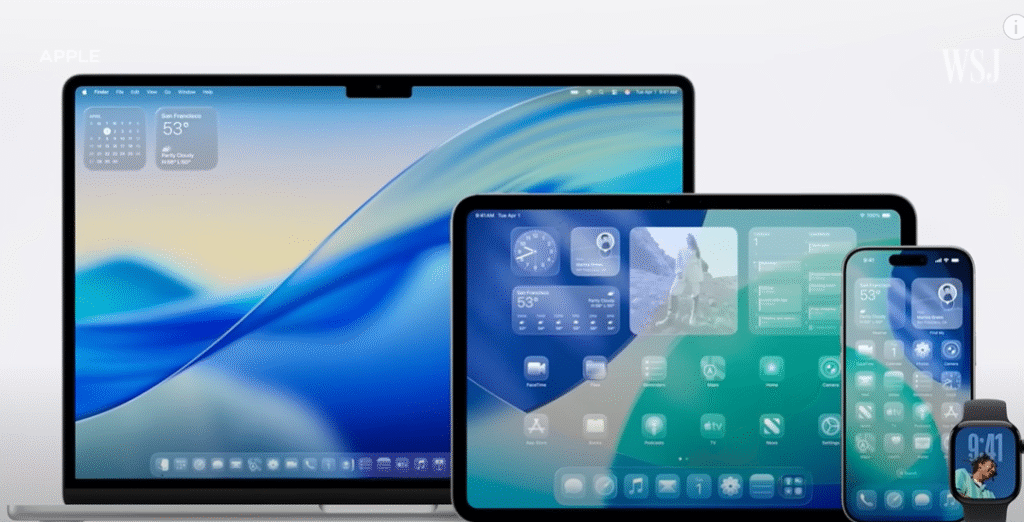The Tesla Model Y launches in India mark a pivotal moment, signifying a potential revolution in the Indian electric SUV market. This isn’t just another car launch; it’s the arrival of a globally recognized brand synonymous with innovation and electric vehicle technology, bringing its cutting-edge features and performance to Indian consumers. The launch promises to reshape consumer expectations and accelerate the adoption of electric vehicles across the country. The much-anticipated arrival is expected to significantly impact the Indian automotive landscape, influencing both consumer choices and the overall direction of the EV industry.
Tesla Model Y Launches in India: Reshaping the Luxury EV Segment
The introduction of the Tesla Model Y in India represents more than just another luxury electric SUV; it signals a significant shift in the country’s automotive market. Tesla’s entry into India has been highly anticipated, and the launch of the Model Y is expected to be a game-changer. The Model Y’s advanced technology, performance capabilities, and luxurious features are poised to disrupt the existing landscape and set new standards for the segment. This launch is likely to influence other luxury automakers to accelerate their EV strategies in India, leading to increased competition and innovation.
Early Market Response and Consumer Sentiment
Initial reactions to the Tesla Model Y launches in India have been overwhelmingly positive, with significant interest shown by potential buyers. The combination of Tesla’s brand recognition, the Model Y’s advanced features, and the growing awareness of environmental concerns has created a strong demand. However, the high price point remains a significant barrier for many Indian consumers, highlighting the need for more affordable EV options in the future. Despite this, the early success of the Model Y launch suggests a promising future for electric vehicles in India.
Understanding the Tesla Model Y’s Appeal in the Indian Market
The success of the Tesla Model Y launches in India can be attributed to several factors. Firstly, Tesla’s global reputation for innovation and quality precedes it. Secondly, the Model Y itself offers a compelling combination of performance, technology, and luxury that appeals to a discerning clientele. Thirdly, the growing awareness of environmental concerns and the government’s push for electric vehicles have created a receptive market. However, challenges remain, including the high cost of the vehicle and the need for improved charging infrastructure.
Technological Advantages and Features
The Tesla Model Y boasts several technological advantages that set it apart from its competitors in the Indian market. Its advanced autopilot features, over-the-air updates, and large touchscreen infotainment system are just a few examples. These features appeal to tech-savvy consumers who value innovation and convenience. The Model Y’s performance capabilities, including its acceleration and range, also contribute to its appeal. The combination of technology and performance makes the Model Y a highly desirable vehicle for many Indian consumers.
Addressing Challenges and Opportunities in the Indian Market
Despite the positive early response, the Tesla Model Y launches in India also face several challenges. The high price point due to import duties and taxes is a significant barrier to entry for many potential buyers. The limited availability of charging infrastructure also poses a concern for potential owners. Addressing these challenges is crucial for Tesla’s long-term success in the Indian market. However, the growing government support for electric vehicles and the increasing awareness of environmental concerns present significant opportunities for Tesla to expand its market share.
Infrastructure Development and Government Initiatives
The Indian government’s commitment to promoting electric vehicles is a key factor in the success of the Tesla Model Y launches in India. Various initiatives, including tax incentives and subsidies, are aimed at making electric vehicles more affordable and accessible. The development of charging infrastructure is also crucial, and the government is actively working to expand the network of charging stations across the country. This support from the government is essential for overcoming some of the key challenges associated with electric vehicle adoption in India.
The Competitive Landscape and Tesla’s Strategic Positioning
The Indian electric vehicle market is becoming increasingly competitive, with both domestic and international players vying for market share. Tesla’s strategic positioning in the luxury segment allows it to target a niche market with high purchasing power. However, the company faces competition from established luxury automakers that are also introducing their own electric vehicles. Tesla’s success will depend on its ability to maintain its competitive edge through innovation, brand recognition, and effective marketing strategies.
Comparison with Key Competitors
Several key competitors are vying for market share in the luxury electric SUV segment. These include established players like BMW, Mercedes-Benz, and Audi, as well as newer entrants like BYD and Kia. Each competitor offers a unique blend of features, performance, and pricing, creating a highly competitive landscape. Tesla’s strategy focuses on differentiating itself through its advanced technology, performance, and brand recognition. The Model Y’s unique features and capabilities position it favorably in this competitive environment.
| Model | Range (km) | 0-100 km/h (s) | Price (₹ Lakhs) | Key Features |
|---|---|---|---|---|
| Tesla Model Y | 622 | 5.6 | 59.89 | Autopilot, Over-the-Air Updates, Supercharger Network |
| BMW iX1 | 438 | 5.6 | 66.90 | Surround View, iDrive 8 |
| Kia EV6 | 708 | 5.2 | 60.95 | Vehicle-to-Load, ADAS-2 |
| BYD Seal | 650 | 5.9 | 45.00 | FWD/AWD, ADAS-2, Panoramic Sunroof |
The table above highlights the key features and specifications of the Tesla Model Y in comparison to some of its main competitors. While some competitors offer slightly longer ranges, Tesla’s advanced technology and brand recognition remain key differentiators.
Tesla’s Long-Term Vision for the Indian Market
Tesla’s entry into India is a long-term strategic move aimed at establishing a significant presence in a rapidly growing market. The company’s plans include expanding its sales and service network, investing in charging infrastructure, and potentially setting up a local manufacturing facility. These initiatives demonstrate Tesla’s commitment to the Indian market and its belief in the long-term potential for electric vehicle adoption.
Expansion Plans and Local Manufacturing
Tesla’s long-term vision for India includes expanding its sales and service network beyond major metropolitan areas. The company is also exploring the possibility of setting up a local manufacturing facility to reduce costs and improve accessibility. Establishing a local manufacturing presence would significantly reduce the cost of the vehicles, making them more affordable for a wider range of consumers. This would also create jobs and stimulate economic growth in India.
“Tesla’s entry into India is a significant milestone for the electric vehicle industry. The Model Y’s launch is a testament to the growing potential of the Indian market and the increasing global demand for sustainable transportation.”
This quote from an industry expert underscores the significance of Tesla’s entry into the Indian market and the potential impact on the broader EV landscape. The launch of the Model Y is not just about selling cars; it’s about driving innovation and accelerating the transition to sustainable mobility.
The Tesla Model Y launches in India represent a significant step forward for the country’s electric vehicle market. While challenges remain, the long-term potential for growth and innovation is undeniable. The combination of technological advancement, government support, and increasing consumer awareness is creating a favorable environment for the adoption of electric vehicles.
The positive early response to the launch suggests a bright future for Tesla in India. However, the company must continue to adapt and innovate to meet the specific needs and challenges of the Indian market. By addressing issues such as pricing and charging infrastructure, Tesla can further accelerate the adoption of electric vehicles and contribute to a more sustainable future for India.
The Tesla Model Y launches in India also present a compelling case study for other global automakers considering entering the Indian market. The success of the Model Y’s launch will undoubtedly influence the strategies of other players, potentially leading to increased competition and a wider range of electric vehicles for Indian consumers. The longer-term effects on the Indian automotive industry are likely to be significant and far-reaching.
In conclusion, the Tesla Model Y launches in India are a landmark event, signaling a new era for electric SUVs and sustainable transportation in the country. While hurdles remain, the potential for growth and transformation is considerable, promising a more environmentally friendly and technologically advanced future for the Indian automotive sector. The long-term impacts of this launch are likely to be substantial, influencing not only consumer choices but also government policies and the overall development of the EV industry in India.
Further developments in the Indian EV market will be closely watched, especially regarding the expansion of Tesla’s infrastructure and the potential introduction of other Tesla models. The coming years will be crucial in determining the lasting impact of the Tesla Model Y launches in India and the overall trajectory of the country’s electric vehicle revolution.
Related Articles
- Tesla India Showroom Opening July 15: First Ever Tesla Experience Centre Arrives in Mumbai
- Mahindra & Mahindra’s Electric Vehicle Push: A 2025 Market Analysis
- Mahindra & Mahindra’s Global Expansion Strategy in 2025: Emerging Markets and New Partnerships
- Tata Harrier EV: Record Bookings & July 2025 Launch Details
- Tata Motors’ Nexon EV: Revolutionizing Urban Commute in 2025



